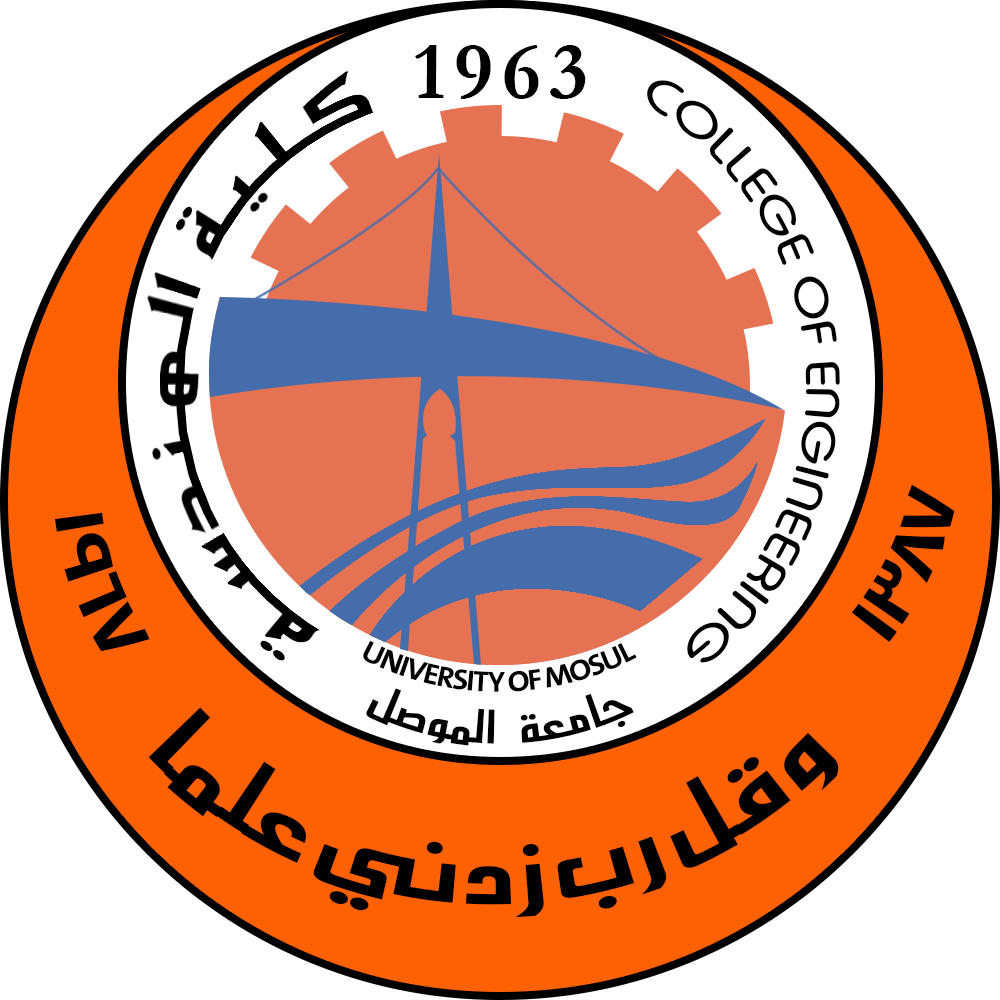Research Directions
The department of Mechanical Engineering is one of the major engineering departments which is supported by the research topics taking place under its hood including machine design, production and operation, energy systems optimization, renewable energy, air-conditioning, thermodynamics, metallurgy, and extra topics related to this comprehensive engineering field.The status of the engineering programs and the Mechanical Engineering specifically depends on the impact of the research carried out by the faculty and its relevance to the real-life requirements in addition to the optimum solutions realized for industry status quo to improve the performance.The Mechanical Engineering department at Mosul University adopts three principal research areas divided as follows:
- The First: thermal power and air conditioning and refrigeration. That comprises investigations on power generation units (Simple and Combined Gas Turbine Units), performance and thermal efficiency optimization, heat exchangers effectiveness improvement with the aid of nano-fluids, utilizing solar energy for heating and electricity production, minimizing fuel consumption, and reducing emissions from internal combustion engines, heat and mass transfer in porous media, and nano-fluids employed for energy transport.
- The second: applied mechanics research orientation which covers a variety of topics such as mathematical optimization of automatic and dynamic systems, simulation of flexible systems using the finite element method (FEM), classical and intelligent control systems, fuzzy control, identification of dynamic systems, modelling of friction in dynamical systems using empirical relations (the inverse engineering) for design and manufacturing of swinging vehicles, design and implementation of solar collector control unit, design of adaptive control systems, effect of vacuum on bending force of composite and learning panel using the fuzzy control theory, stress analysis of artificial human body parts to minimize their weights, and thermomechanical characterization of rotational welding using isotropic and noninotropic composite materials.That also entails design and analysis automatic and dynamic systems, machine elements, the kinematic and dynamic behavior of automated arms, automatic control of mass system subjected to vibrational disturbances using a two-stage electro-hydraulic controller, friction of joints, mechanical characterization of composite materials, researches on applied techniques of ultrasound used for characterization of oscillatory behavior of periodically excited devices and its ability to transfer energy to benefit medical, engineering, and industrial fields, studies on rotary vibrating columns in turbomachines, vibration modes and frequencies of compressors and pumps, faults and defects detection in vibrating devices, and finally researches on protective maintenance of kinematic systems.
- The third: this area focuses on production and metallurgy research which includes eight research tracks: formation of metal plates, plastic deformation of materials, nano powders manufacturing, computational modelling of manufacturing processes, heat treatment and diffusion of solid materials, tribology, materials characterization, and composite materials.

